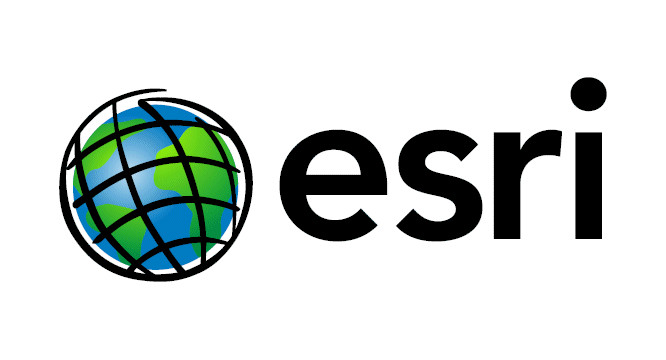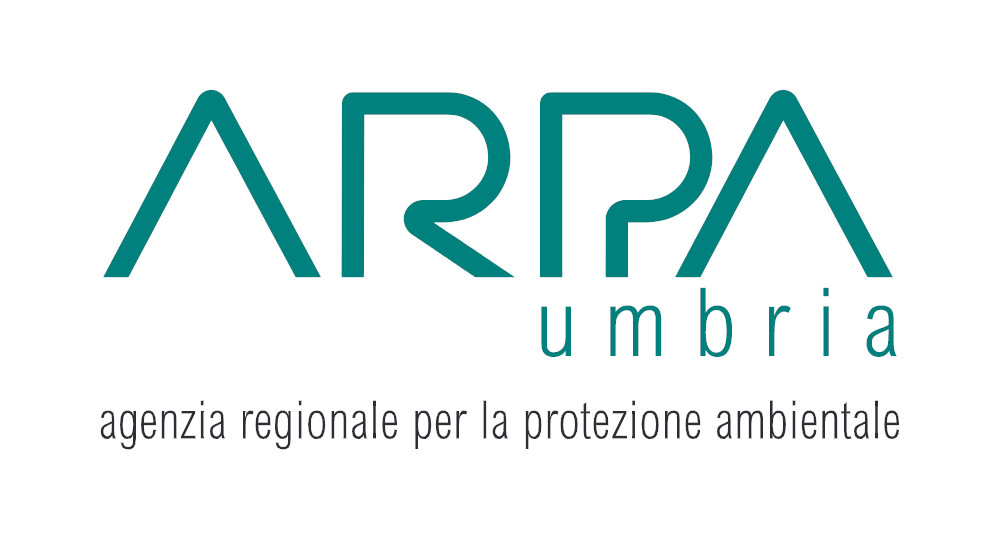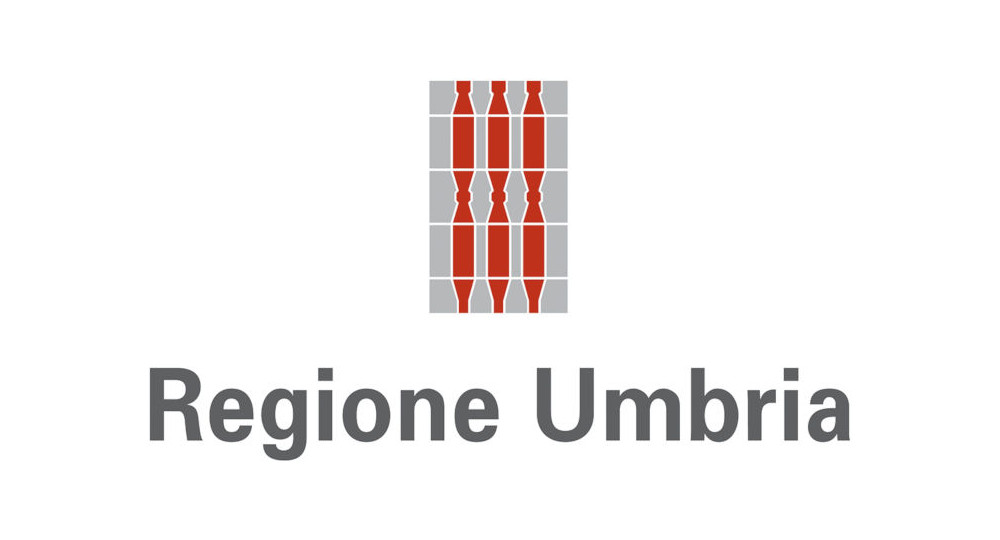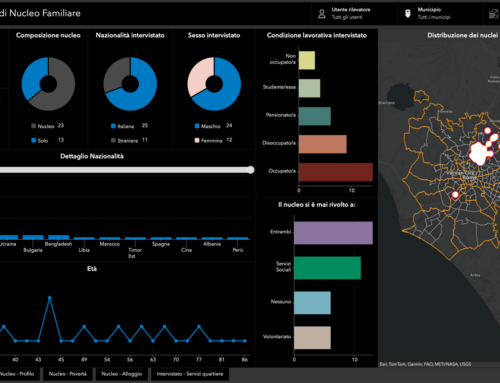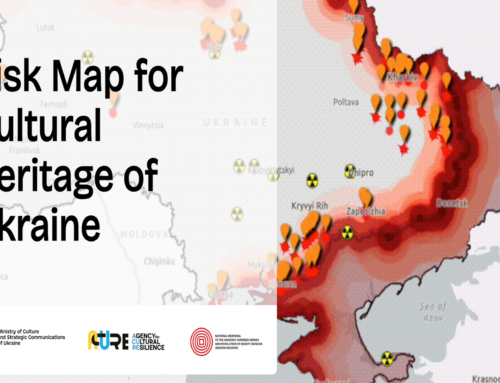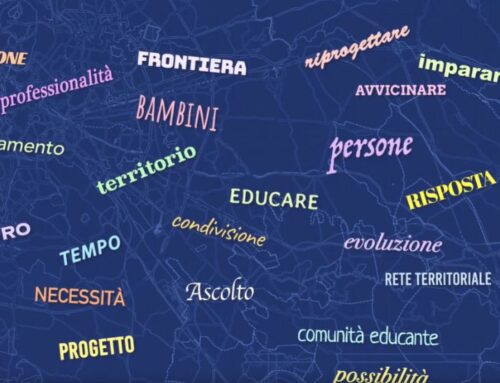gisAction made available to public entities and NGO’s its staff’s experience in creation and maintenance of GIS systems.
Customer
Numerous public institutions in Italy possess IT structures based on spatial data processed in a GIS environment, fact that on the one hand supports internal activities of specific sections of the organization (urban planning, environment, land management, data processing, etc.), on the other hand, provides various types of services to the citizens through platforms available online, based on spatial data.
Customer needs
Lately the Public Administration possess large amounts of geographic data, useful for internal Services to perform territorial analysis, but more and more frequently this useful information is made available to citizens in dedicated platforms or as Open Data. For this reason, the needs of the Public Administration in GIS may vary.
The creation and management of GIS Systems, including Geodatabase, Server and Platforms for internal use or open to the public, requires the continuous training of the Public Bodies’ staff. In other cases, the employees of the Entity operating in the IT / information sector may have no knowledge in the management and maintenance of GIS systems.
Solution
gisAction has made available to public entities its own expert team in creating and maintaining GIS Systems, offering support both through training, including on-the-job training, and also through assistance and direct intervention.
In particular, gisAction’s team is specialized in ESRI GIS systems and has therefore provided the following services and consultancy: IT assistance on ESRI products, installation and configuration of GIS Servers, updating and maintenance, technical support and problem solving, Enterprise Geodatabase management.
Benefits
The support of gisAction has allowed various Departments of the Public Administration to which it has provided assistance, to create, maintain and update the Geodatabase, IT Systems, Servers and platforms for the internal and external use of geographical data.
Although they have no experienced staff internally, the entities have been able to collect, preserve and make accessible geographical data.


